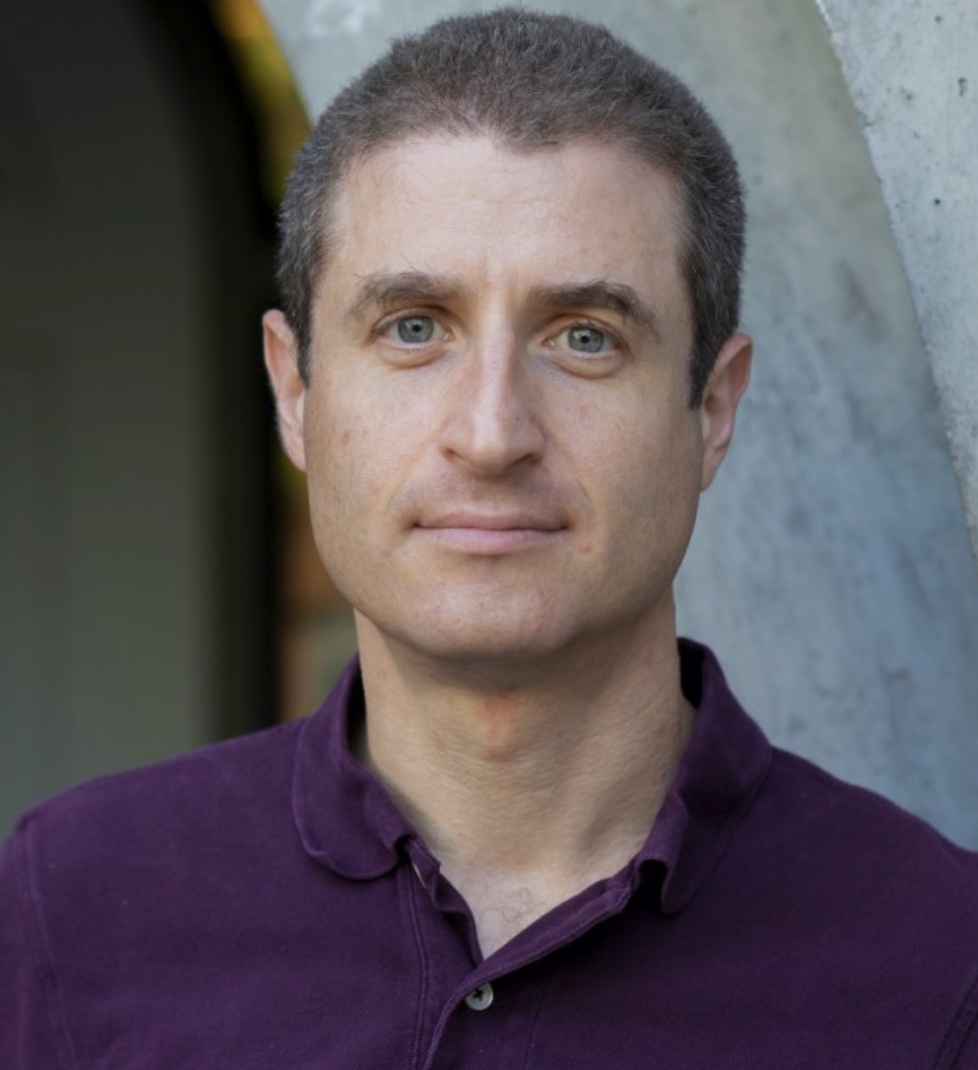By Joshua Pinckney
The most challenging and pressing issues facing society often seem too complex to articulate, let alone analyze. However, throughout Phi Beta Kappa’s history—one equal in length to that of this country—members of the society have discovered the language and developed the tools to do just that. Recently, ΦBK member and applied microeconomist Jesse Shapiro received a MacArthur Fellowship for his groundbreaking research that provides an analytical framework for connecting the issues of congressional partisanship and ideological polarization in the media.
Shapiro, currently a professor at Brown University, began undergraduate work at Harvard with a pre-established interest in economics, and it didn’t take long for his career path to unfold. Citing his first economics professor, Andrew Metrick, as one of his inspirations, Shapiro began working under him as a research assistant. That experience shaped the rest of his studies. “Through my classes I saw that economic theory could be combined with data to help understand the social world,” Shapiro said. “That realization helped to solidify my interest in graduate studies.” Shapiro remained at Harvard to pursue his Ph.D. in economics and has since been leveraging his expertise to explain causal relationships in some of the more pressing public policy issues in our society.
With so many issues to be addressed, Shapiro starts from where he feels there’s resonance between “problems that are important for society and where economic theory can be useful,” he explained. The increasing polarization of our political systems and public discourse has been one of the defining topics of recent years, and Shapiro recognized it was gaining more attention within the field of economics too. He began working with Matthew Gentzkow, a fellow economist and Stanford professor, feeling that they could help “sharpen the picture” with some of the analytical tools they knew, Shapiro said. Their research—which, in part, leverages machine learning for textual analysis—exemplifies that complex problems often require new and creative approaches. This ability to imagine tools and their functions—in this case, data—as dynamic is part of what has made Shapiro’s work as an economist stand out. He shared that he attempts “to look for opportunities to bring new kinds of data to bear on important problems. Sometimes this means collecting new data, sometimes it means obtaining it from a source that hadn’t been used before.”
While Shapiro and Gentzkow’s research does provide a much clearer picture for how this polarization manifests in the media and on the floor of congress (among other key findings), the answers aren’t all quite there yet for why it occurs. One of the facets of the issue that remains a puzzle is social media, with the research suggesting that we’ve potentially overestimated its role in increasing ideological polarization. Shapiro admits that the lack of answers to these important questions frustrates him. “If social media were a key driver of increasing polarization then we might be able to regulate our way out of it. I’m worried it’s not so simple,” he said. “Despite spending many years studying polarization in the U.S., I don’t think I understand why it has risen so fast in recent decades.”
Nevertheless, thanks to his research, we are closer to finding the answers to these critical questions than before, and it isn’t likely that Jesse Shapiro will stop in his quest for them. A quintessential ΦBK with a passion for knowledge, he is always guided by a love of learning. “I’ve tried to keep being a student,” he said, recalling the ΦBK motto. “I’ve learned a ton over the years from my many collaborators and colleagues. It’s one of the best parts of my job.” His openness to learning seems to be the common denominator in the legacy of members advancing towards solutions to society’s problems and should serve as motivation to us all.
Joshua Pinckney is a recent graduate of Carnegie Mellon University, where he received a degree in international relations and politics with an additional major in Hispanic studies and a minor in sociology. He was inducted into Phi Beta Kappa’s Upsilon of Pennsylvania chapter there in May 2021.




